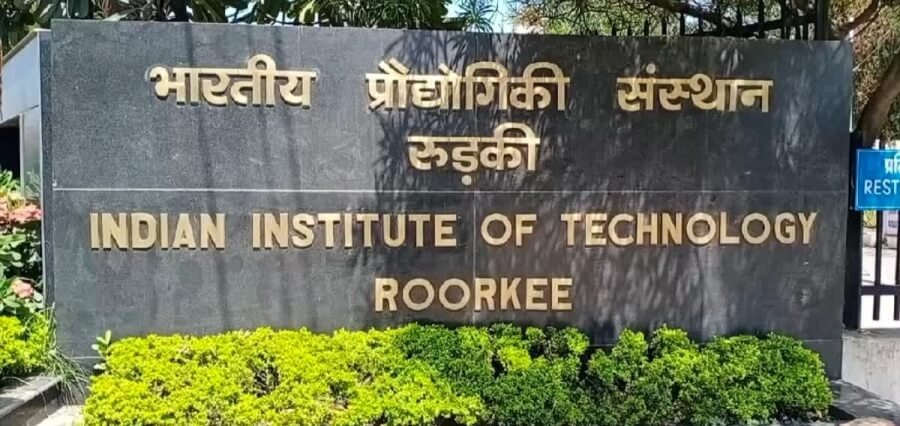Long-term exposure to air pollution significantly increases lung cancer risk for non-smokers in urban areas.
Lung cancer is often associated with smoking, but a significant number of non-smokers also develop the disease. In India, the prevalence of lung cancer among non-smokers is a growing concern, highlighting the need to understand the factors, promote early detection, and explore treatment options.
Understanding the Causes
While smoking remains the leading cause of lung cancer, several other factors contribute to the disease in non-smokers:
– Air Pollution: India faces severe air pollution, particularly in urban areas. Pollutants such as particulate matter (PM2.5) and nitrogen dioxide (NO2) can damage lung tissue and increase the risk of lung cancer. Long-term exposure to polluted air is a significant risk factor for non-smokers.
– Indoor Air Pollution: Many households in India use biomass fuels like wood and crop residues for cooking and heating. The smoke from these fuels contains carcinogens that can lead to lung cancer. Women, who are often responsible for cooking, are particularly at risk.
– Radon Gas: Radon, a naturally occurring radioactive gas, can accumulate in homes and buildings. Long-term exposure to radon is the second leading cause of lung cancer globally and affects non-smokers.
– Genetic Factors: Some people inherit genetic mutations that increase their susceptibility to lung cancer. Family history plays a role, and non-smokers with a family history of lung cancer are at higher risk.
– Occupational Hazards: Exposure to carcinogens such as asbestos, arsenic, and diesel exhaust in the workplace can lead to lung cancer. Non-smokers working in certain industries may be at increased risk.
Symptoms and Diagnosis
Symptoms of lung cancer can include:
– Persistent cough
– Shortness of breath
– Chest pain
– Unexplained weight loss
– Fatigue
These symptoms are often mistaken for other respiratory conditions, leading to delays in diagnosis. Non-smokers may not consider themselves at risk, which can further delay seeking medical attention.
Early detection is crucial for improving survival rates. Low-dose CT scans are effective in detecting lung cancer at an early stage, especially for high-risk individuals like chronic smokers. However, awareness and accessibility to such screening methods are limited in India.
Read More: Click Here





